On 25th June 2020, Anyone’s Child: Families for Safer Drug Control, Transform Drug Policy Foundation and Support. Don’t Punish held a special webinar titled: ‘Take Drugs Seriously,’ to discuss how legal regulation of the drug market could better protect young and vulnerable people from the harms caused by the illegal market.
We received lots of brilliant questions that we weren’t able to respond to during the session. We have rounded up some of your questions into themes and will provide answers below.
Before answering it is important to clarify the common terms used:
‘Legalisation‘ means making an illegal drug legal but ‘legal regulation‘ refers to the controls on the production, supply and use of the drug once it has been legalised.
‘Decriminalisation‘ means the removal of criminal penalties for personal drug possession, with production and supply remaining illegal.
Legal regulation – a free for all?
A general theme in the webinar was a concern that legal regulation would mean that everyone has easy access to any drug they like – this would not be the case. Legal regulation is about bringing the drug trade within the law, so that strict controls – like age restrictions – can be applied. Such controls are impossible to impose under prohibition. It would enable governments to control which drugs can be sold, who has access to them, and where they can be sold. Under prohibition, it is organised crime groups who make these decisions.
Why not legally regulate only the less harmful drugs?
Many people asked whether it would be a good idea to legally regulate all drugs when some have higher health risks. We already legally regulate many risky activities and substances effectively. Even some drugs prohibited for non-medical use – including opiates, amphetamines, cocaine and cannabis – are produced safely and securely for medical use without any of the chaos, violence and criminality of the illicit trade. There would not be a ‘one-size-fits-all’ approach: the riskier the drug, the stricter the controls that should be placed on it. Some less risky drugs, such as coffee and coca leaf tea for example, would be sold by licensed retailers, while more risky drugs would only be available via medical prescriptions for people with drug dependencies. The supply of the most risky preparations, such as crack cocaine, would remain prohibited.
In favour of decriminalisation but not legal regulation – we must fight the drug war harder.
Many attendees agreed that punishing people who use drugs is the wrong approach but suggested that we should fight the drug war harder and go after the suppliers. Decriminalisation of drug possession alone does not address many of the greatest harms of prohibition – such as high levels of crime, corruption and violence, county lines exploitation, massive illicit markets, and the harmful health consequences of drugs produced in the absence of regulatory oversight. It is prohibition itself that creates the illegal market and all it’s harms, we have a choice: the drug trade can be controlled by organised crime groups or by doctors, pharmacists and licensed retailers. There is no third option in which drug markets disappear.
How to get involved?
You can get involved with Anyone’s Child and Transform by joining our Activist Network, you can join our Facebook group for updates here.
The best thing to do to help bring about change is write to your MP – you can find our template letter here. If you arrange a meeting with your MP we can help you prepare and even attend the meeting (virtually at the moment) with you.
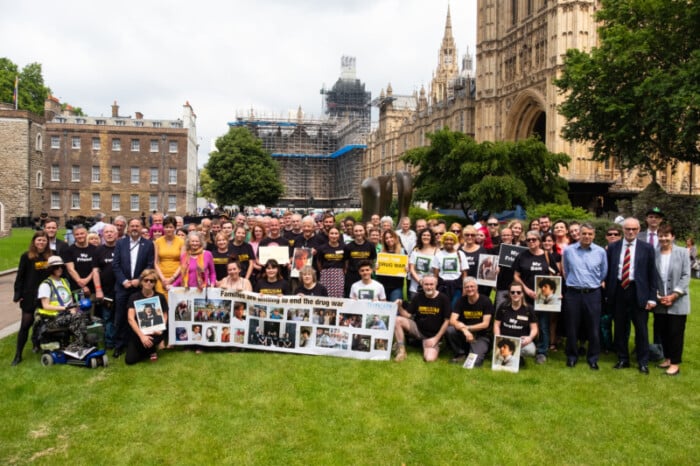
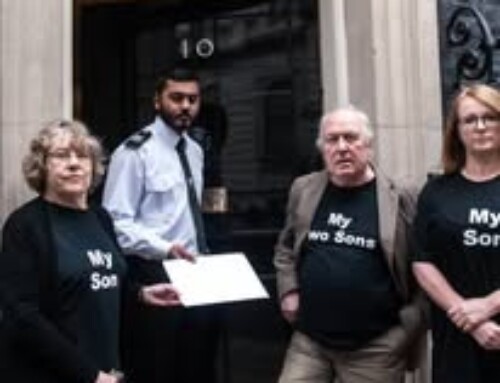
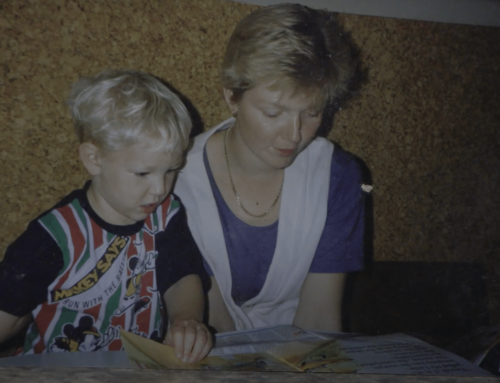
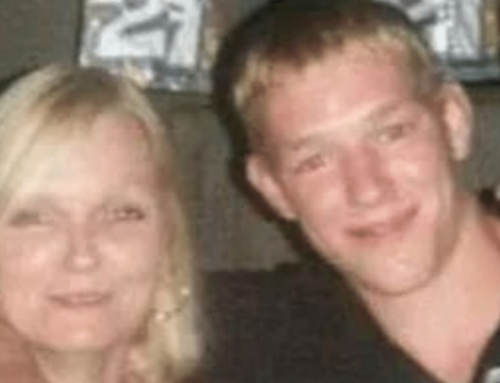
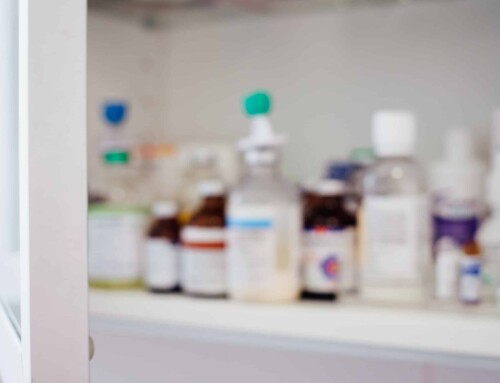
Leave A Comment